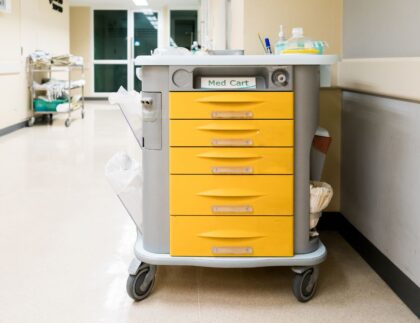
In the Workplace
In the past few years, more people are using their sick days for “mental health days” than ever before. These are no joke! With mental illness, work—especially repetitive or high-stress work—can take an even larger toll on mood and productivity. Some days, mental illnesses can flare up more than others, and those sick days are necessary. Mental illnesses like depression and anxiety can work against each other to keep someone stuck in a mental loop. When stuck in these brain loops, it can be difficult to complete a seemingly simple task like getting out of bed. This doesn’t make them any less valuable, and any worker who experiences a mental illness needs to hear that. They likely just need specific help, which will vary from person to person.
Chores and Transportation
With many kinds of mental illness, household chores will start to pile up and become an issue. It isn’t that they don’t notice—they probably do notice and can’t physically do anything about these chores. This can happen with any age group and result in everything from a messy house to extremely late bills. Keep an eye on your loved ones if they seem to have trouble taking care of themselves; eating, showering, and sleeping are three of the biggest chores that someone with mental illness will struggle with.
Mental illness also affects how you’re able to leave the house. There are mental illnesses that can affect driving, and some that coincide with physical effects may qualify you for a handicap permit. Driving can be an additional mental barrier in tasks like shopping for necessities, and commutes that don’t involve driving can be just as bad. Multiple steps mean multiple barriers. When mental illness hinders you, try to keep any shopping down to as few steps as possible. Leaving the house is healthy, but it can be hard.
Relationships
When other people cannot physically see how mental illness affects daily life, it can put a strain on relationships. Group therapy can help with relationships with loved ones and assist with communication problems.
Offer help if you can, and if you notice the effects of mental illness in your own life, try to accept any offered help. If you don’t receive offers of help, try to learn when to ask for it. It can be hard, but your loved ones want to see you healthy and will care about you when you need it.











